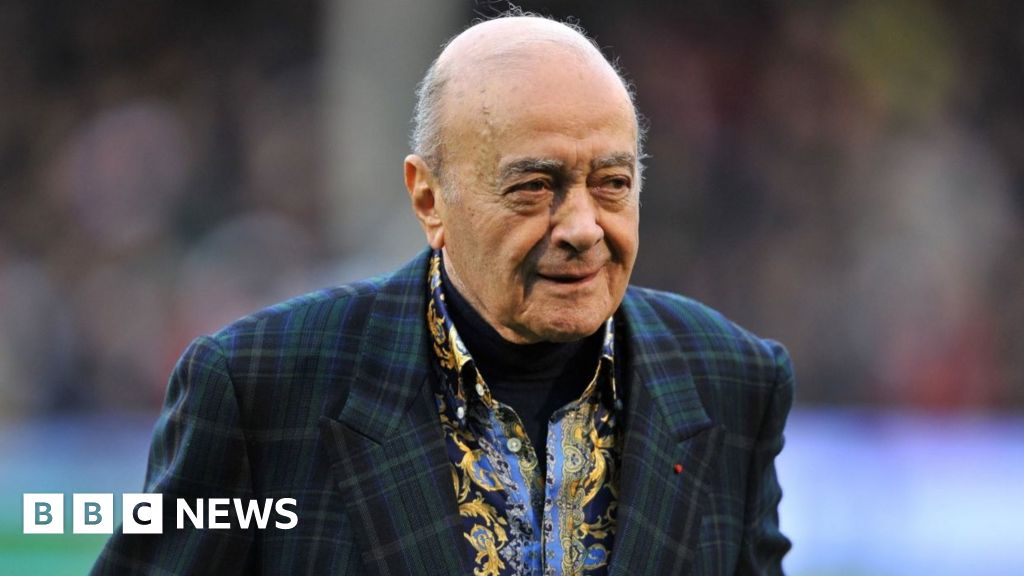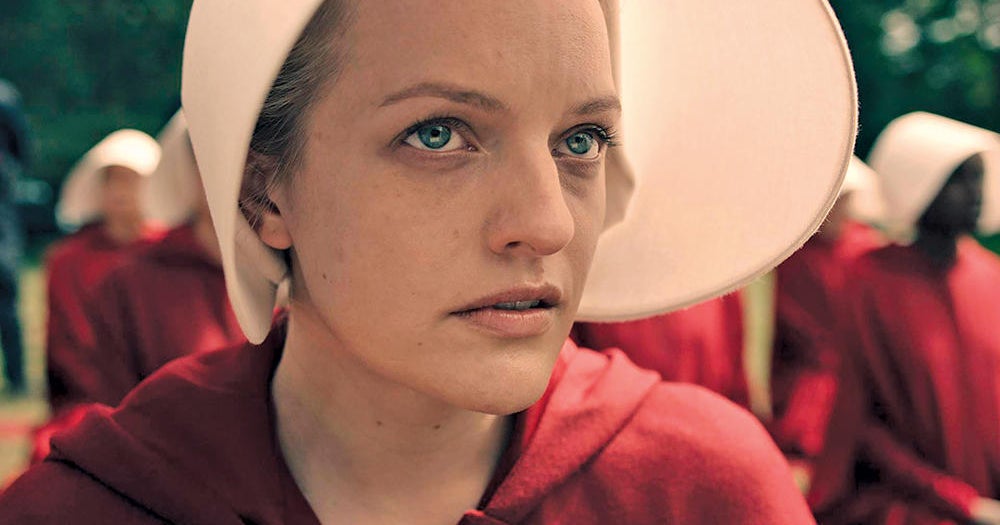Steve Ostrow, the founder of the Continental Baths — an extravagant gay men’s sex club and performance space that flourished at the turn of the 1970s in the basement of the Ansonia Hotel, a Beaux-Arts landmark on Manhattan’s Upper West Side, and launched the careers of Bette Midler and Barry Manilow — died on Feb. 3 at his home in Sydney, Australia. He was 91.
His death was announced by Toby Usnik, a friend.
Mr. Ostrow’s business plan in 1968 was to create a gay fantasia, a palace devoted to hedonism. The Ansonia, built at the turn of the century by a copper heir named William Earl Dodge Stokes, was perfect for his venture.
Occupying a full block on Broadway, from 73rd Street to 74th Street, it is a florid wedding cake of a building, with cupolas, balconies and gargoyles. When it opened, there were Turkish baths and an enormous pool in the basement, billed as the world’s largest; seals in the lobby fountains; and, on the roof, an urban farm with goats, chickens and a bear.
Its illustrious tenants included Babe Ruth, Florenz Ziegfeld and Theodore Dreiser. For decades, even as the building’s fortunes faded in the post-World War II years, performing artists and music teachers called it home. (The seals and the farm had been gone since 1907, by order of the Health Department.)
Mr. Ostrow, an aspiring opera singer and the cantor in his local temple, was on his way to a voice lesson at the Ansonia when he discovered that the building’s massive basement, with its pool and baths in disrepair, was for rent.
As it happened, he was searching for a place to open a gay bathhouse, a place where men could have sex with other men. There were only a few in the city at the time, but they were dirty and depressing. They were also packed, with lines around the block.
Mr. Ostrow, who had a wife and two children, saw not just a market but an opportunity to explore his own sexuality. In 1968, it was not only illegal for two people of the same gender to have sex; it was illegal for them to dance together. Bathhouses and underground gay bars like the Stonewall Inn, run by the Mafia, were the rare places gay men could congregate, albeit precariously.
The Continental Baths were raided 200 times that first year, until Mr. Ostrow made arrangements with the police to “donate” 10 percent of his profits every week to a fictitious “policeman’s ball,” as he recalled in a self-published memoir, “Live at the Continental” (2022).
Mr. Ostrow was a showman at heart, and his vision for the Continental Baths was expansive, a sort of Roman fever dream. He built a mirrored disco and a black marble steam room. There was a restaurant, a chapel, a gym, a travel desk, a boutique and a V.D. clinic. There were hundreds of private rooms and thousands of lockers. There was a private elevator to the roof; Mr. Ostrow rented that, too, and built a beach in the sky, trucking in sand and setting up cabanas and umbrellas.
Men came for the weekend, or longer. At first it cost $5 a day. But Mr. Ostrow offered a special “condominium rate,” as he put it, for those who wanted to stay for months. His decorator rented one room and kitted it out with a water bed, paintings and a television set.
The Baths were a haven for closeted men still married to women, for young men who had escaped restrictive upbringings and were finding themselves in the city, and, inevitably, for celebrities. Rudolf Nureyev was a regular.
When Mr. Ostrow persuaded a young singer named Bette Midler to perform on the weekends on a tiny stage by the pool, the Baths became a destination for more than just sex. Her act at the Tubs, as she called the place, was irresistible, and it soon drew a straight, celebrity-strewn crowd — Mick Jagger one night, Helen Gurley Brown another.
Barry Manilow, then a struggling pianist and jingle writer, was hired to accompany Ms. Midler. She belted and crooned and bantered and changed into fantastical costumes, polishing the act that would make her famous. Her version of Bob Dylan’s “I Shall Be Released” was gut-wrenching and gorgeous (grainy footage can be found on the internet), an apt anthem for the struggles of gay people at the time.
“Actually playing to this … do I dare call this place a house? … has been the best experience in the world, ” Ms. Midler told Rex Reed of The Daily News in early 1972, when she performed at the Baths for the last time. “I mean, you have to be good to keep the guys fascinated. Gawd! The moment I bore them, well, they could go upstairs and shower.”
Mr. Reed was not bored.
“Magic is in the air,” he wrote. “Magic that removes the violence of the cold, dark streets. The insecurities, the hates, the fears, the prejudices outside vanish in a haze of camp. It’s Mary Martin asking if we believe in fairies. Yes. We do.”
Mr. Ostrow would invite scores of musicians to perform, and the place became a weird, steamy nightclub, its mores just right for the sexual revolution.
Patti LaBelle played the Baths, as did Sarah Vaughan, Melba Moore, the Manhattan Transfer and the comedian Dick Gregory.
When Eleanor Steber, a former star of the Metropolitan Opera, performed in October 1973, Mr. Ostrow billed the concert as a black tie/black towel affair. Bloomingdale’s sold black towels, embroidered with the words “Continental Baths” in silver disco font, for $25. New York society types turned out for the event, The New York Times reported, noting that Felicia Bernstein, Leonard’s wife, was there, dressed in a cream-colored Adolfo shirt and pants. The ushers wore togas.
By the mid-1970s, Mr. Ostrow was a public figure, a booster for the sexual revolution and a political operator, sought out for his influence among the gay community. In 1976, the mayoral hopeful Bella Abzug and others held rallies at the Baths. Mr. Ostrow even pondered a mayoral bid.
But by now the Baths were slipping. Mr. Ostrow’s embrace of straight (and clothed) audiences for the musical performances did not sit well with his regular patrons, who felt increasingly exploited, like toweled zoo creatures. Then, perhaps inevitably, “pansexual suburbanites,” as Rolling Stone magazine put it, replaced the boldface names, before being chased away by a more dangerous crowd. Drug use surged, and the place grew unsafe and run-down. The party was over.
The Continental Baths closed in 1977. The backers of what became Plato’s Retreat, a straight sex club that would be as notorious as the Baths, took on the Baths’ lease, and its considerable debt, and ran the club out of the Ansonia for a few years before moving to another location. In 1981, they were arrested on tax evasion charges.
The basement of the Ansonia is now a parking garage. There are swaths of mosaic tile on the floor, ghostly artifacts among the cars and concrete.
Stephen Allen Ostrow was born on Sep. 16, 1932, in Brooklyn. His Russian-born father, Louis Ostrow, worked in the advertising and layout departments of newspapers and magazines. His mother, Nettie (Cooper) Ostrow, worked part time.
Steve studied voice at the Henry Street Settlement in Manhattan, hoping for a career as an opera singer. But when he was 18, his father died of cancer, and Steve stayed home to support his mother.
While working for a loan company, he joined a small opera company. There he met Joanne King, his co-star in “La Bohème”; they married in 1960. Mr. Ostrow then started his own loan company, and the couple moved to Matawan, N.J., where he was president and cantor of their local Reform temple.
But Mr. Ostrow was charged with mail fraud in 1966 (for issuing loans to out-of-state customers, which was illegal at the time), and his business imploded. Two years later, he recalled in his memoir, he saw an ad in The New York Times asking for investors to open a men’s health club and steam bath. His father-in-law lent him the money.
Mr. Ostrow is survived by his children, Scott Ostrow and Maria Jaul, as well as five grandchildren and three great-grandchildren. He and his wife mostly lived apart after the Baths opened and divorced in the early 1980s. Joanne Ostrow became an Episcopal deacon and served as police chaplain for the Los Angeles Police Department. She died in 2001.
After his life as a bathhouse impresario, Mr. Ostrow sang with opera companies in San Francisco, Germany and Australia, where he settled in the late 1980s and became a vocal coach and founded Mature Age Gays, a support group. In 2021, he received the Medal of the Order of Australia for his service to the L.G.B.T.Q. community and the performing arts.
“I think the Continental Baths changed things more than Stonewall did,” Larry Kramer, the activist and playwright, told New York magazine in 1998. “They were clean, and you could talk to people, and Bette Midler sang to you.”














































